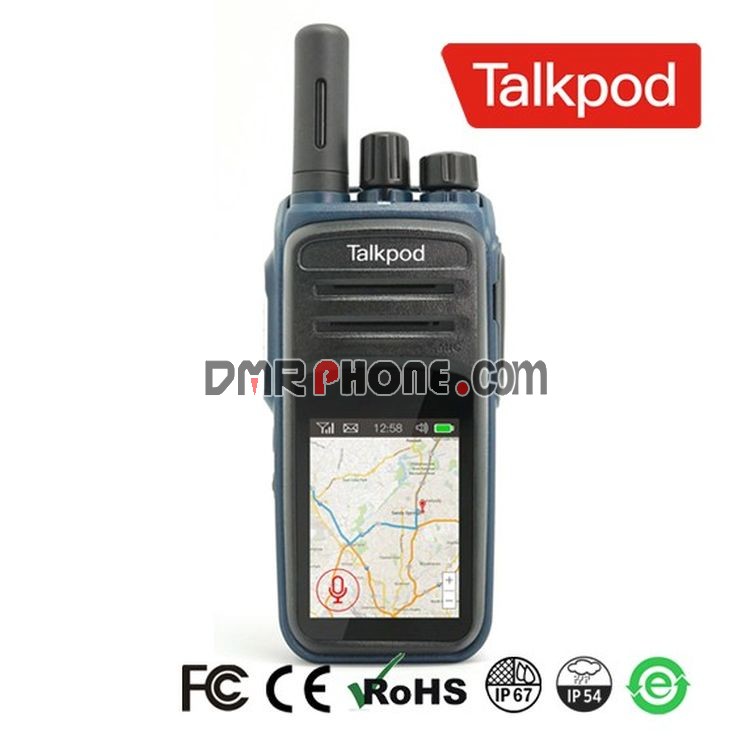“Network radios” refer to devices that use the internet to enable communication similar to traditional two-way radios but without relying on dedicated radio frequency bands. These devices often utilize Voice over Internet Protocol (VoIP) technology to connect users over the internet. Here are some advantages and disadvantages of network radios:
Advantages:
- Global Communication: Network radios can enable communication across the globe as long as there’s an internet connection. This is particularly useful when traditional radio frequencies are unavailable or when communicating across different geographic locations.
- Ease of Use: Network radios are often user-friendly and may resemble traditional two-way radios, making them familiar for users who are accustomed to push-to-talk communication.
- No Licensing: Unlike traditional radio services like ham radio or GMRS, network radios generally don’t require a specific license for frequency usage. However, they do rely on internet access.
- Group Communication: Many network radio apps or devices allow users to create groups, channels, or networks, similar to talk groups on traditional radios. This can facilitate efficient group communication.
- Cross-Platform Communication: Network radios can often be used on a variety of devices, including smartphones, tablets, and computers, allowing for versatility in communication.
Disadvantages:
- Dependence on Internet: Network radios heavily rely on an internet connection for communication. In areas with poor or no internet connectivity, they may be ineffective.
- Security and Privacy Concerns: Communication over the internet can be vulnerable to hacking and interception. Encryption and privacy measures are crucial to ensuring secure communication.
- Reliability: Traditional two-way radios are known for their reliability, especially in emergencies or remote locations. Network radios are subject to the stability and availability of the internet.
- Battery Life: Network radios, especially on smartphones, can consume more battery power compared to traditional two-way radios. Frequent internet use can drain batteries quickly.
- Cost: While some network radio apps are free, specialized devices or subscriptions to premium services may incur costs. Traditional radios can have a higher upfront cost but may be more cost-effective over time.
- Quality of Service: Voice quality on network radios can vary based on the quality of the internet connection, leading to potential audio delays, dropouts, or degradation.
- Regulatory Restrictions: Network radio services could potentially be subject to regulations depending on the jurisdiction and the type of communication involved.
Network radios can be a valuable tool in certain contexts, such as cross-border communication, international travel, or areas with limited radio frequency availability. However, they may not be suitable for all situations, particularly those requiring ruggedness, reliability, and independence from the internet. When evaluating network radios, consider your communication needs, the reliability of your internet connection, and any security concerns that may arise.
